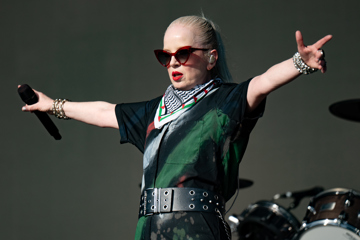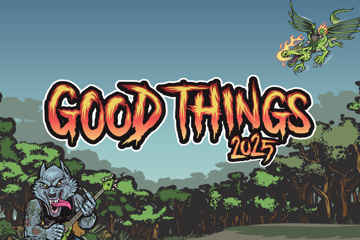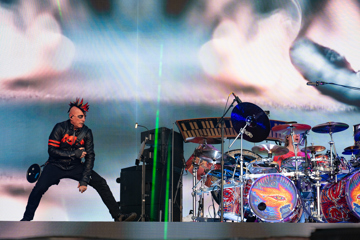Subtle Racism Is 'More Problematic' In Australia
Randa Abdel-Fattah: 'We Focus Too Much On Public Forms Of Racism'
Author, human rights advocate and, until recently, litigation lawyer, Randa Abdel-Fattah is “sick to death” of a few things. So when she was asked to be on the Conversations With Muslim Women panel for Sydney Opera House’s All About Women program, she took the opportunity to lay down a rule.
“Susan [Carland, also on the panel] and I were very clear that we would only do a panel if it had nothing to do with the veil, because we are just so sick to death of talking about the veil, of Muslim women being defined in terms of their dress,” Abdel-Fattah says. “We were really fed up with the discourse constantly focusing on Muslim women’s appearance... [The organisers] were great about it, and recognised that we do need to shift the conversation… I guess what we want to focus on is: as Muslim women, can we talk about issues that don’t necessarily have anything to do with Islam? Is the assumption constantly going to be that everything we say and do is because we are Muslim?”
"We are still far too much in denial about the structural forms of racism that marginalise groups."
That leads into topics that might come up in the other panel Abdel-Fattah’s part of, What I Couldn’t Say, which asks why some topics are still taboo for women to talk about. “Even among women, there are certain women that have more privileged access and are able to speak about things that other women aren’t. So as a Muslim woman, a woman of Arabic heritage, a woman of colour, non-Anglo, there are taboos within, in terms of even commenting on feminism and women’s liberation and issues affecting women. You’re constantly made to feel as you’re commenting as a Muslim, and somehow your views are a little bit inferior or you’re somehow a little bit more brainwashed, so you come up against that wall.”
This is the kind of insidious prejudice that Abdel-Fattah warns can often be more damaging than blatant racism. Following the Martin Place siege, we saw the Australian public getting behind our Muslim community with the #illridewithyou social media campaign, which attempted to make Muslims (women in particular) feel safe on public transport. But there’s more work to be done. “The thing about racism and prejudice is that most people see it in terms of public acts of racism. We all rally against that because it’s very easy to see that as problematic – you know, somebody abusing somebody wearing a veil on public transport or… because they’re of Indigenous background, in a public space. What I think is more problematic is subtle, systematic, everyday forms of racism, structural racism… We are still far too much in denial about the structural forms of racism that marginalise groups, that minority groups face… for example, the whitewashing of culture on television, on what we consider as mainstream when it comes to literature, the arts, culture, the media, who the gatekeepers are of power in Australia – [with] all those sorts of things, I think we still have a long way to go.”
Don't miss a beat with our FREE daily newsletter






